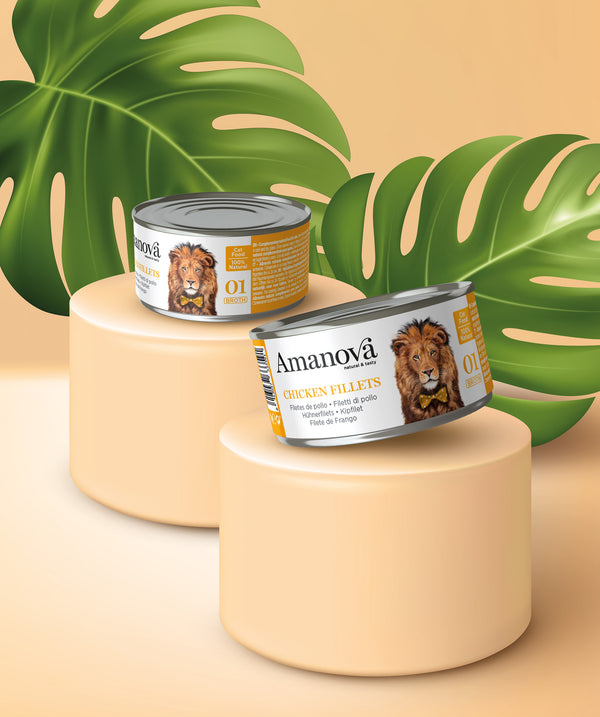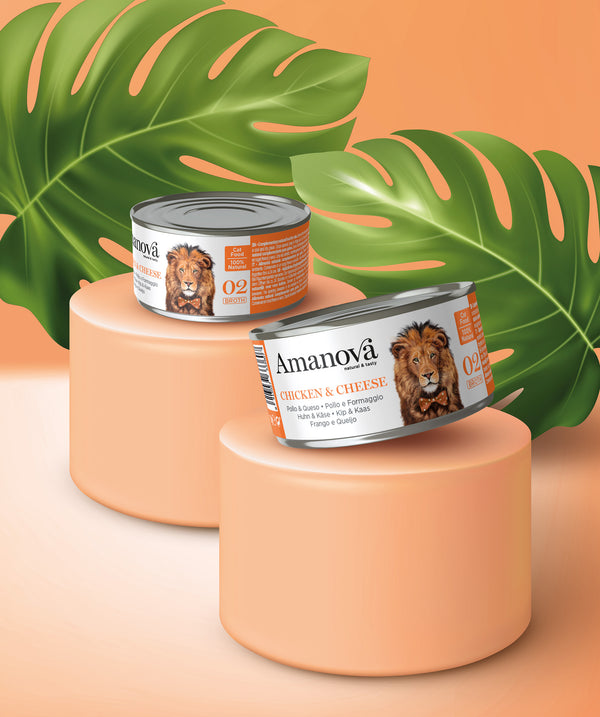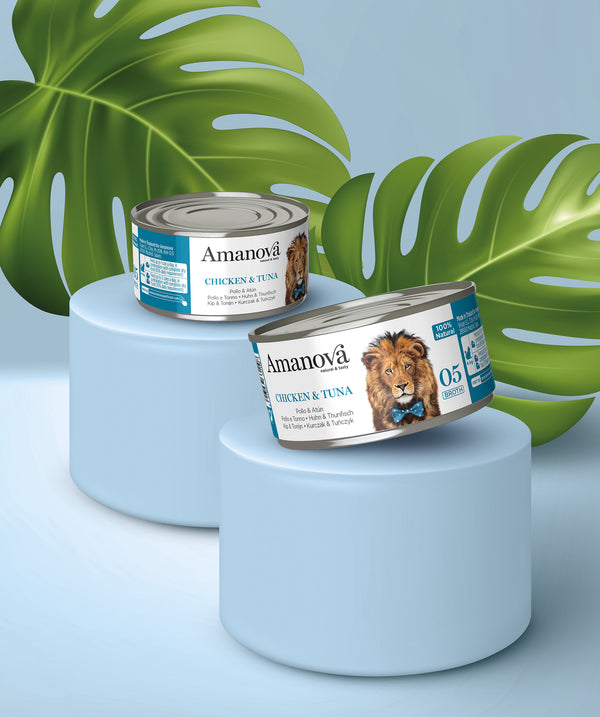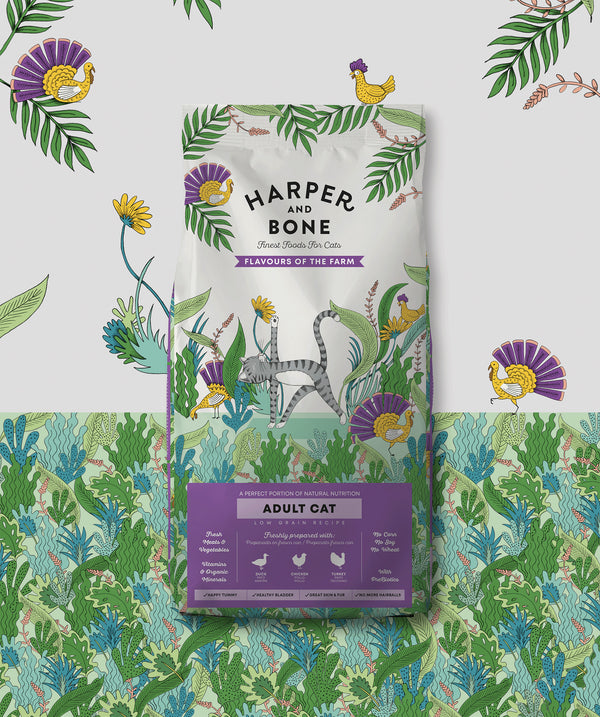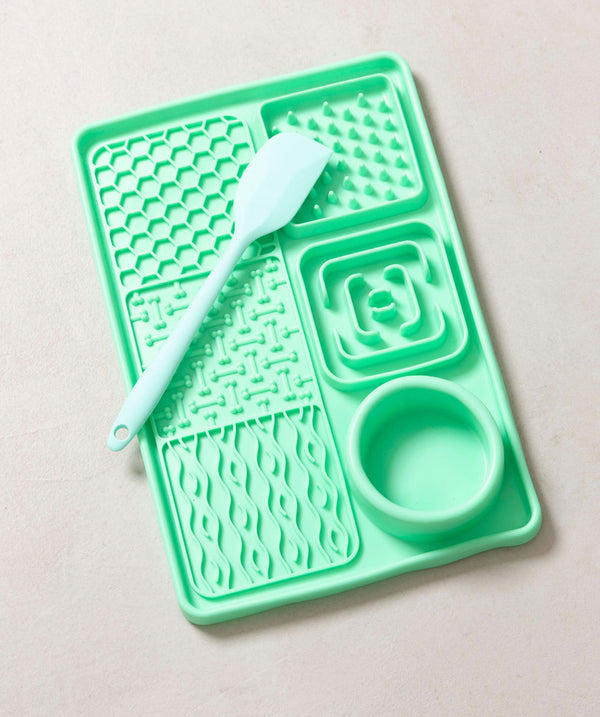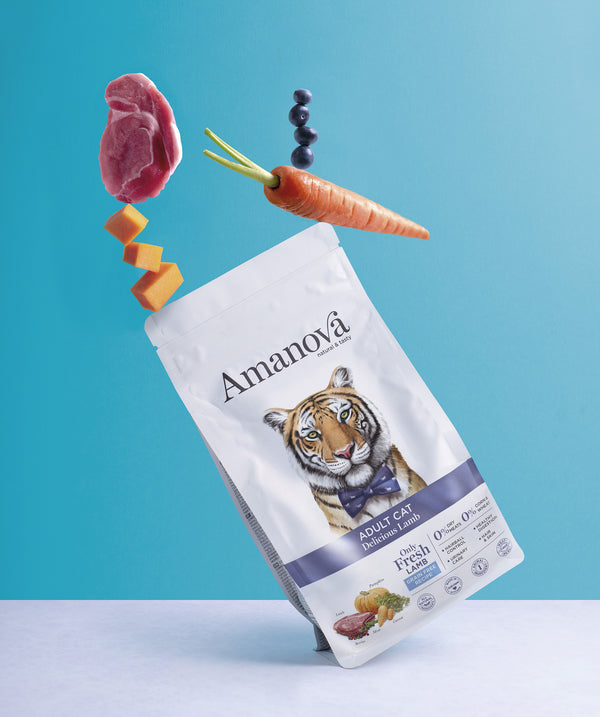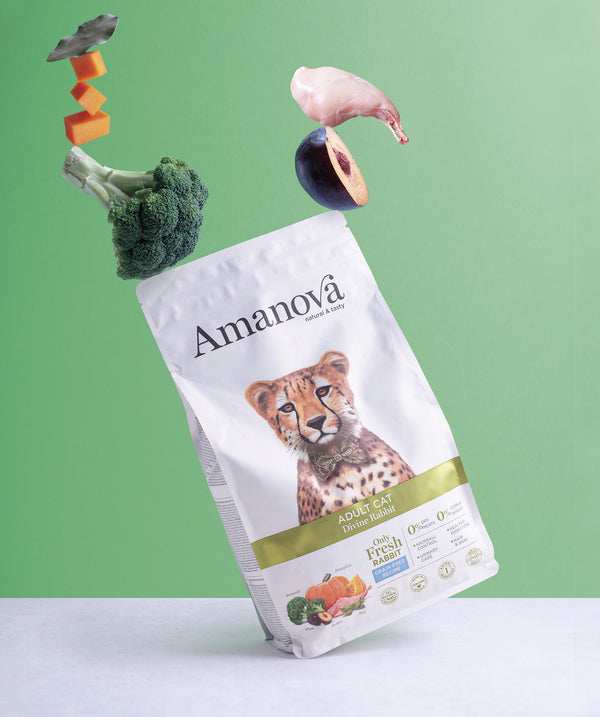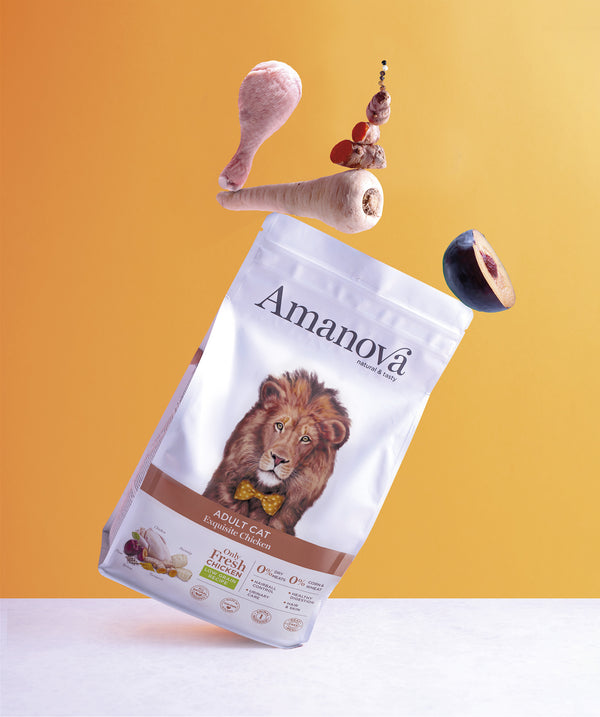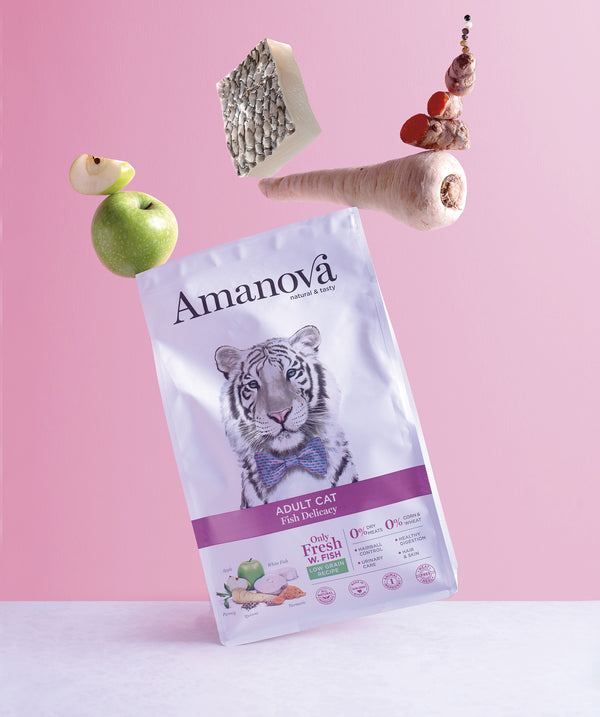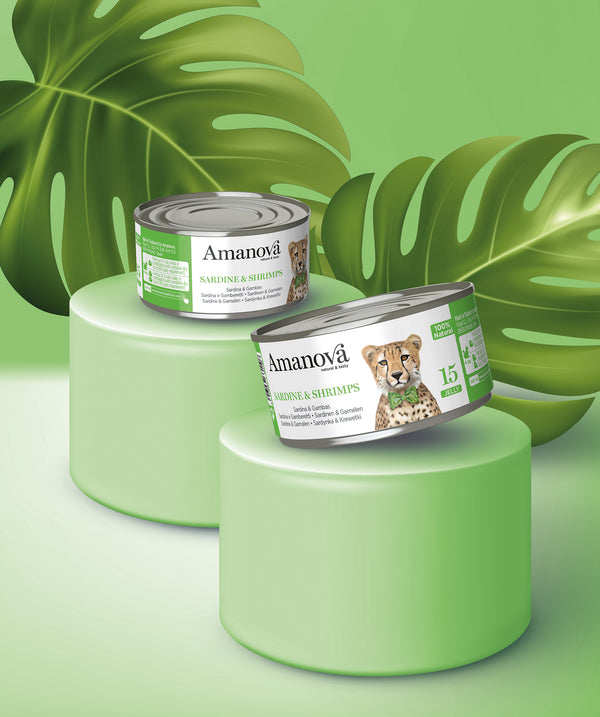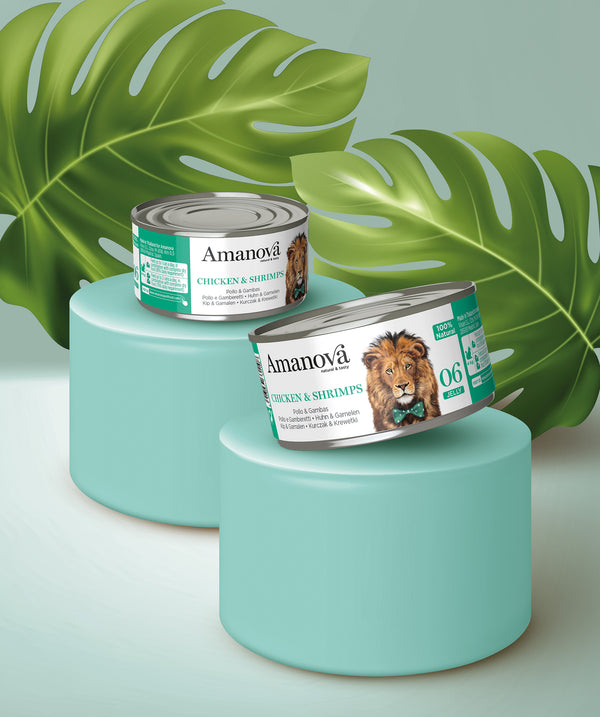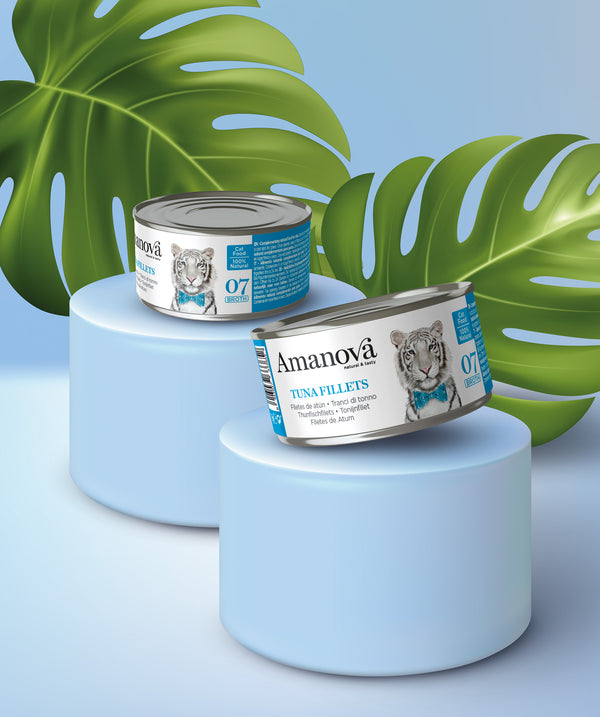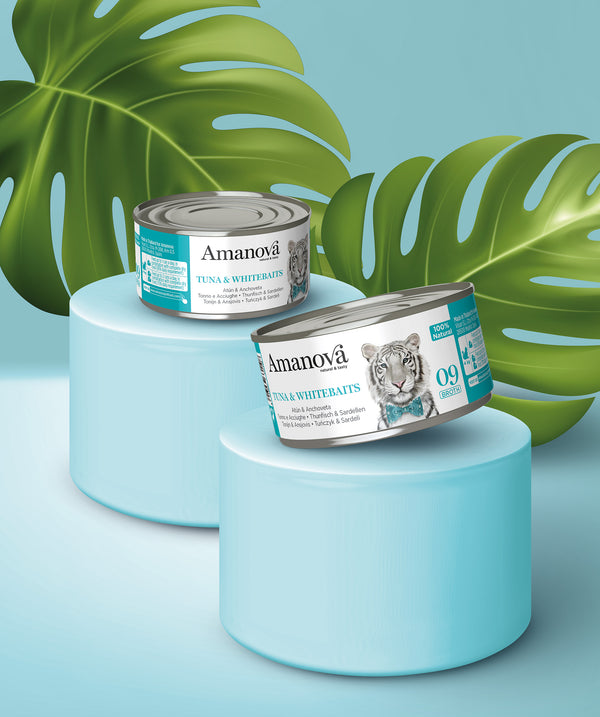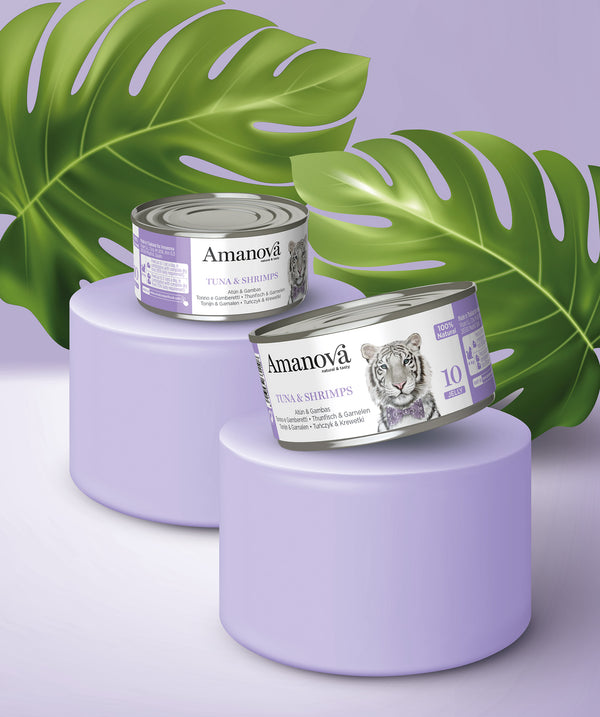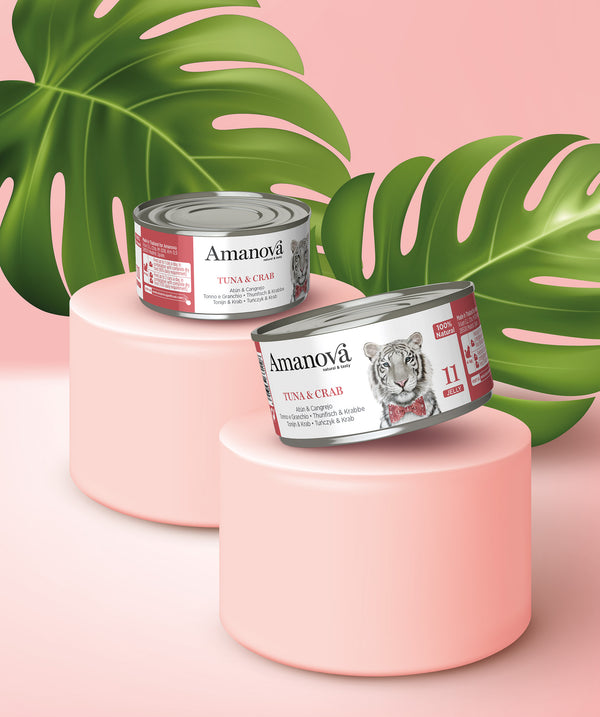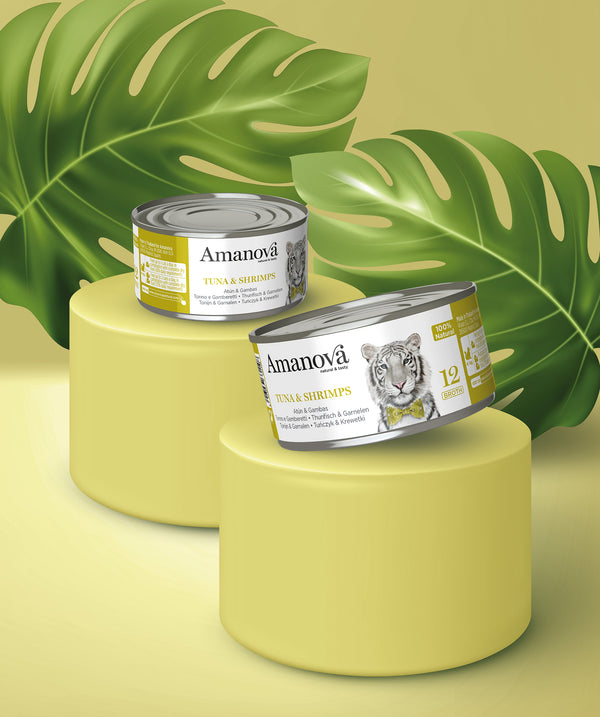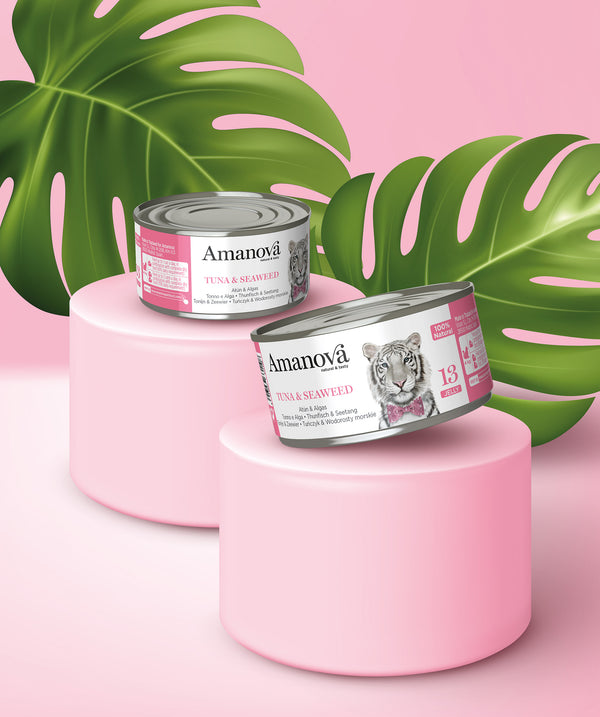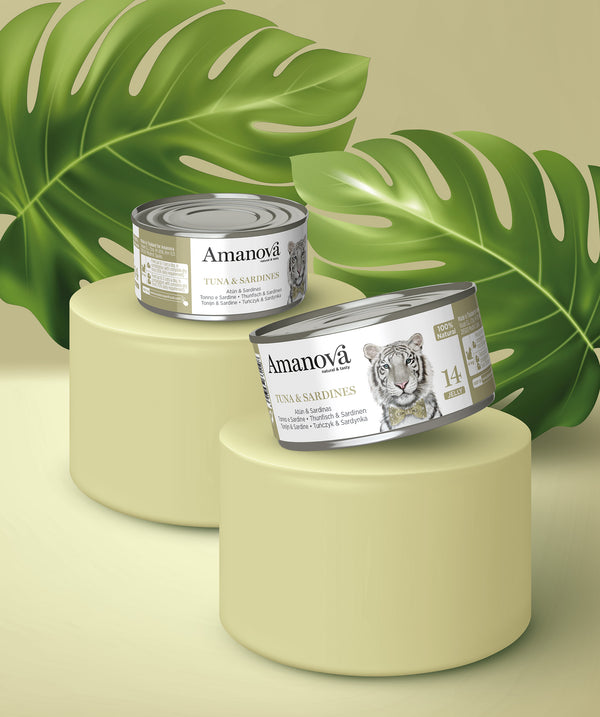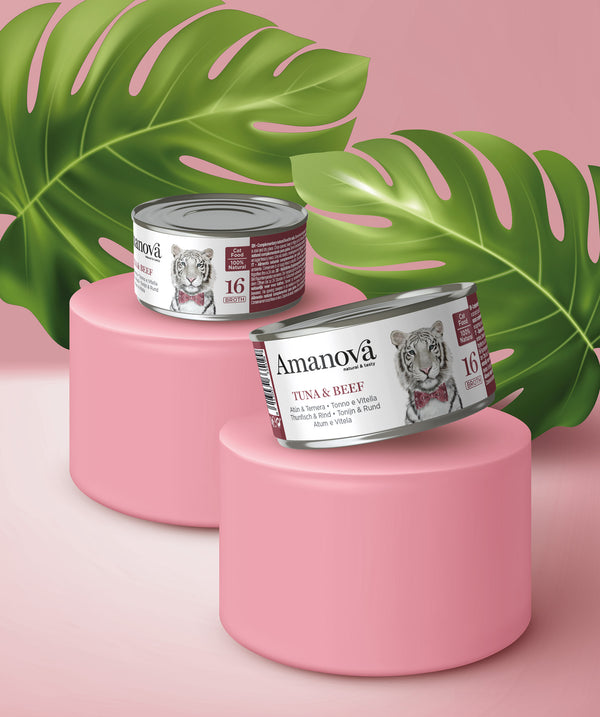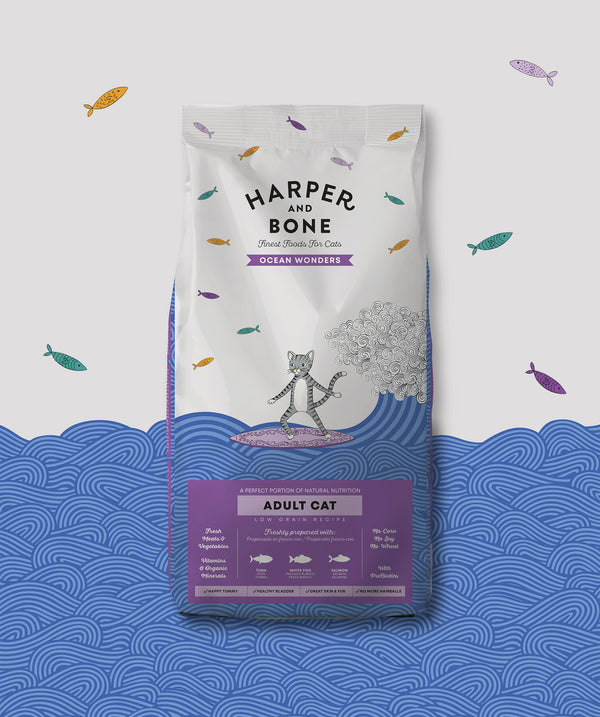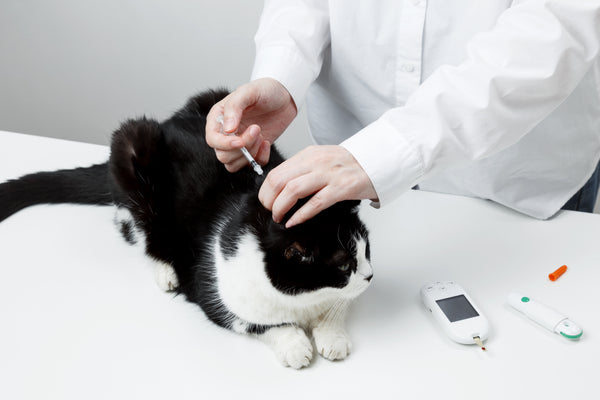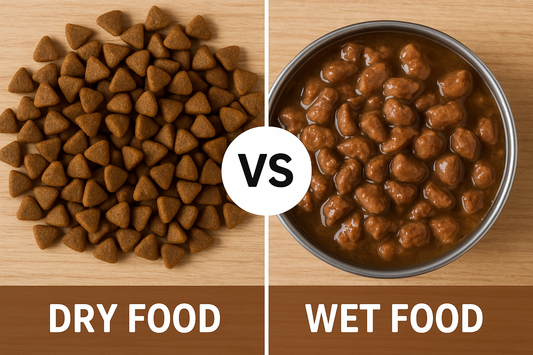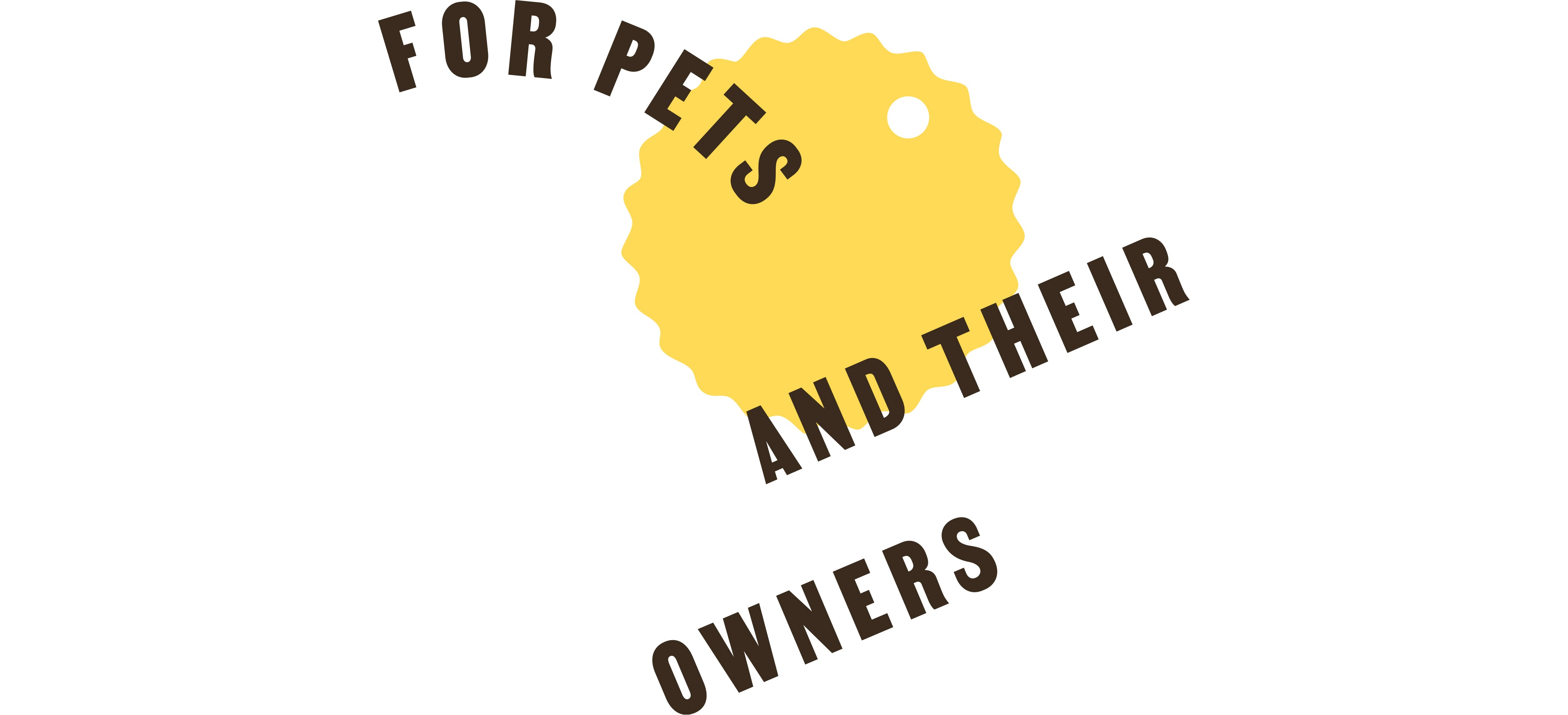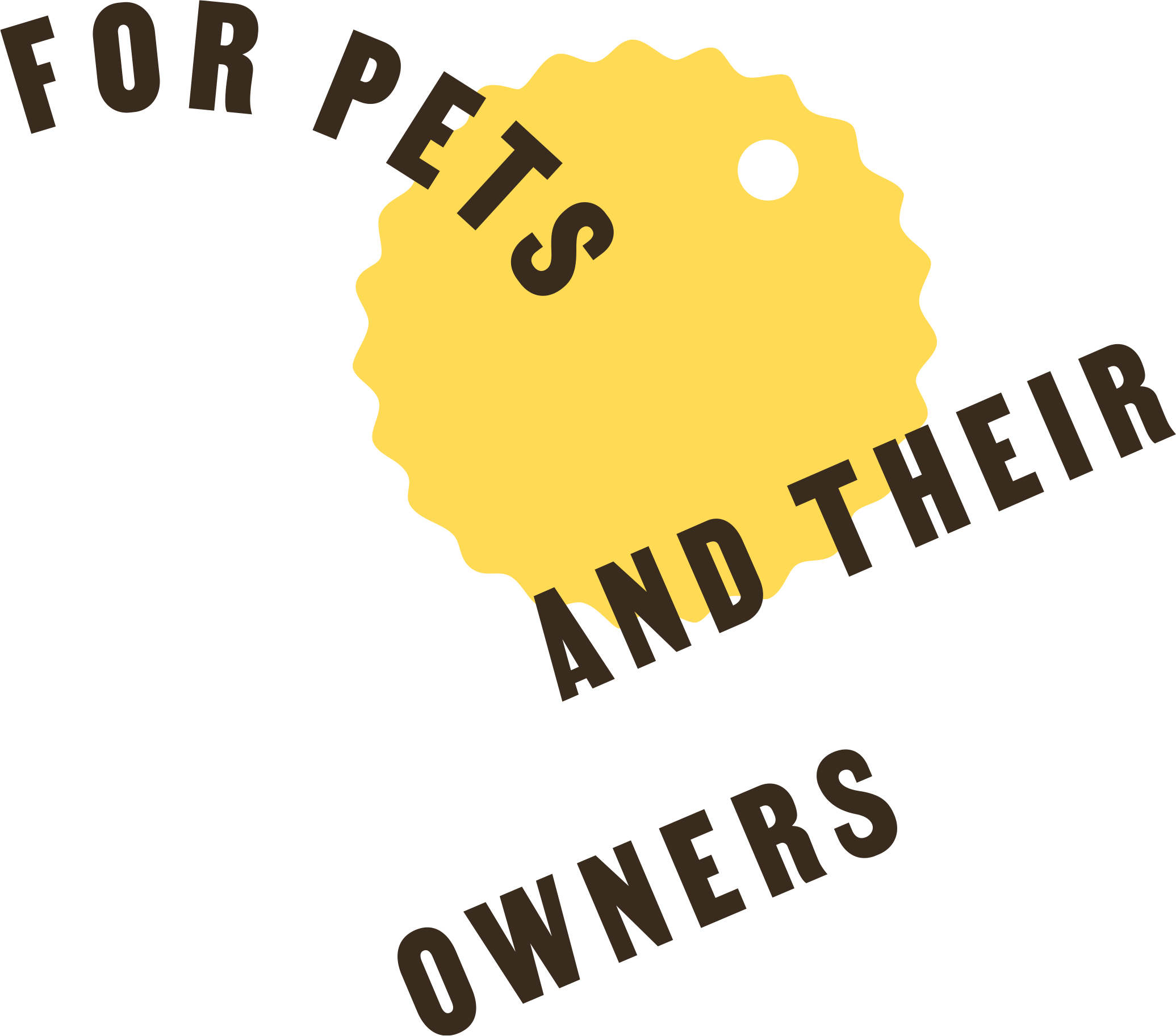More and more people are wondering if feeding their dogs homemade food is a healthier alternative to commercial foods. While both types of diets have advantages and disadvantages, it’s important to evaluate which one best suits your pet’s needs to ensure them a long and healthy life.
What is homemade food for dogs?
Homemade food for dogs consists of preparing meals at home using fresh and natural ingredients. By cooking at home, you can choose exactly what to include in each recipe, from proteins to vegetables, and avoid ingredients that may cause allergies or intolerances.
Advantages of homemade food for dogs
- Total control over ingredients: when preparing it yourself, you decide which foods to include and which to avoid. This is ideal for dogs with allergies or intolerances.
- Possibility to vary the diet: you can offer a varied diet by introducing different sources of protein and nutrients.
- Transparency in composition: you know exactly what’s in the food.
However, preparing homemade food is not without challenges. Achieving a balanced diet requires careful planning and, preferably, the supervision of a veterinarian or specialized nutritionist. For example, a poorly designed homemade diet could lead to deficiencies or excesses of certain nutrients, affecting the dog’s long-term health.
What are the risks of a homemade diet?
Preparing homemade food for dogs carries certain risks, especially if experts in animal nutrition are not consulted. Some of the most common challenges include:
- Nutritional imbalance: without proper knowledge, it’s easy to miss a correct nutrient balance, which can lead to health problems.
- Risk of infections: raw meat, as well as other ingredients like eggs or unpasteurized dairy products, may be contaminated with pathogenic bacteria such as Salmonella. When an animal consumes contaminated food, they risk developing an infection that can cause symptoms like vomiting, diarrhea, fever, and lethargy. In severe cases, urgent veterinary care may be required.
- Time and cost: preparing quality homemade food takes time and, in many cases, can be more expensive than commercial pet food.
What is commercial pet food?
Commercial pet food, such as kibbles and wet formulas, is developed with the help of veterinarians and nutritionists to ensure it contains all the essential nutrients in the right amounts. These options are usually balanced and meet the nutritional requirements of each stage of a dog’s life, from puppyhood to adulthood.
Advantages of commercial food for dogs
- Easy to store and prepare: commercial pet food requires no preparation time, making it very convenient.
- Guaranteed nutritional balance: this type of diet ensures an adequate nutrient balance, supporting the dog’s development and health.
- Variety of options: there are choices for different dietary needs, such as food for overweight dogs or dogs with sensitive stomachs.
In addition, trusted brands such as Amanova, Harper & Bone, or Trovet Plus offer high-quality products formulated to meet dogs’ daily nutritional needs. From our online store, you’ll have access to a wide variety of products, from options for puppies to special diets, all designed to cover every stage of their life.
Nutrition is fundamental to your dog’s health. Both homemade and commercial diets have their pros and cons. Evaluate your pet’s needs and don’t hesitate to seek professional advice.

